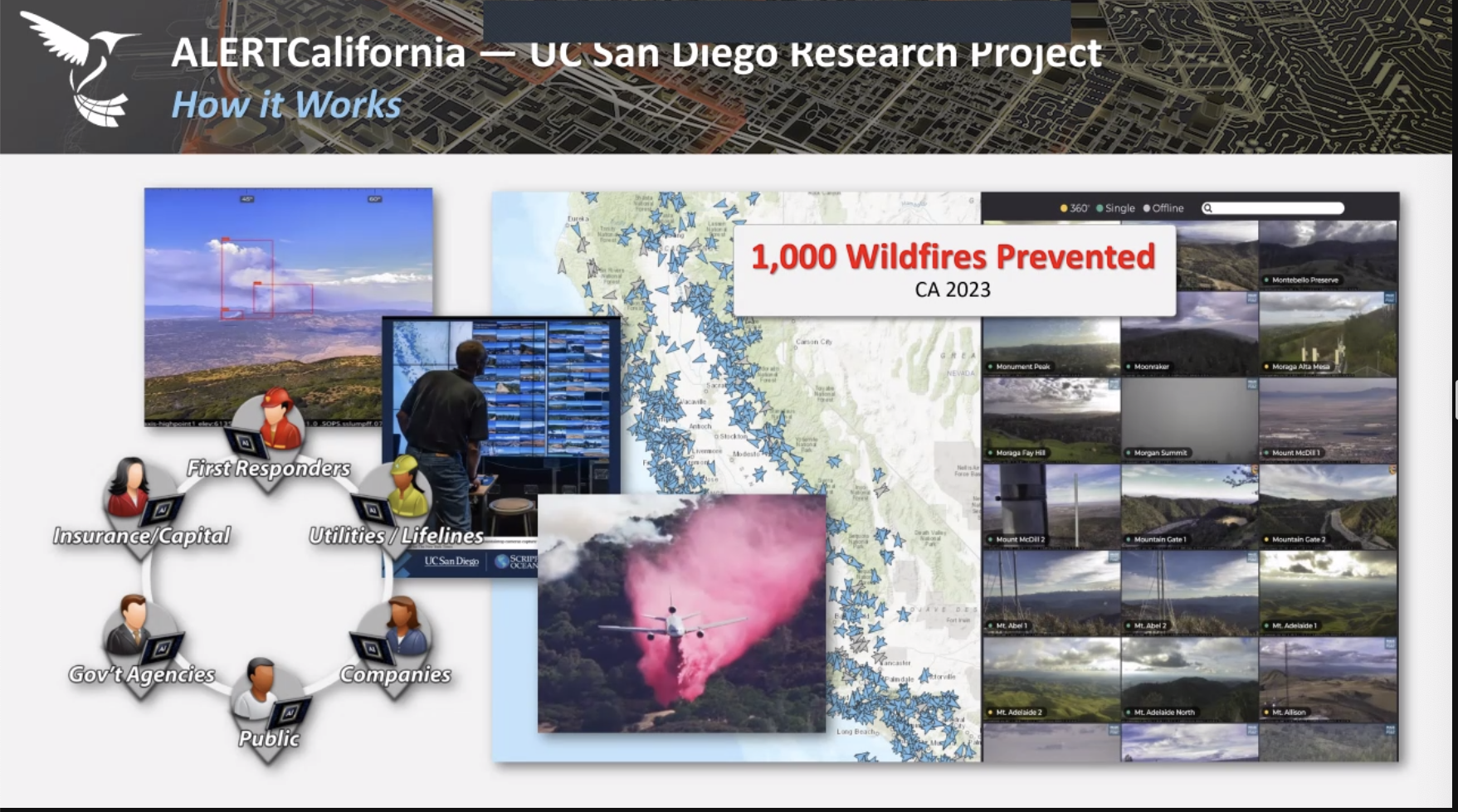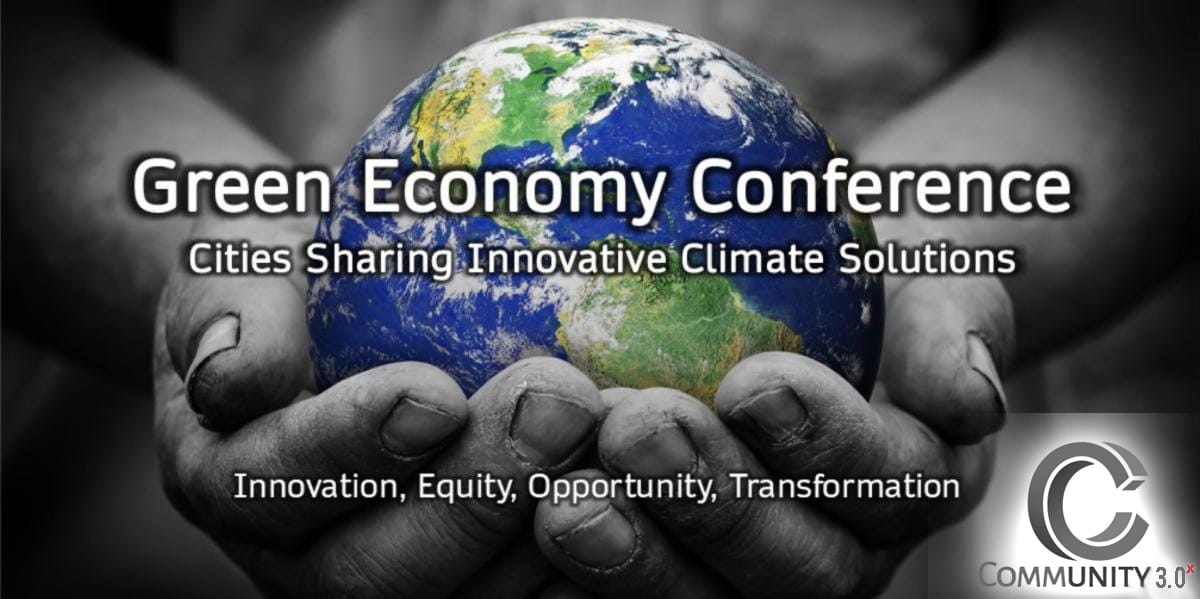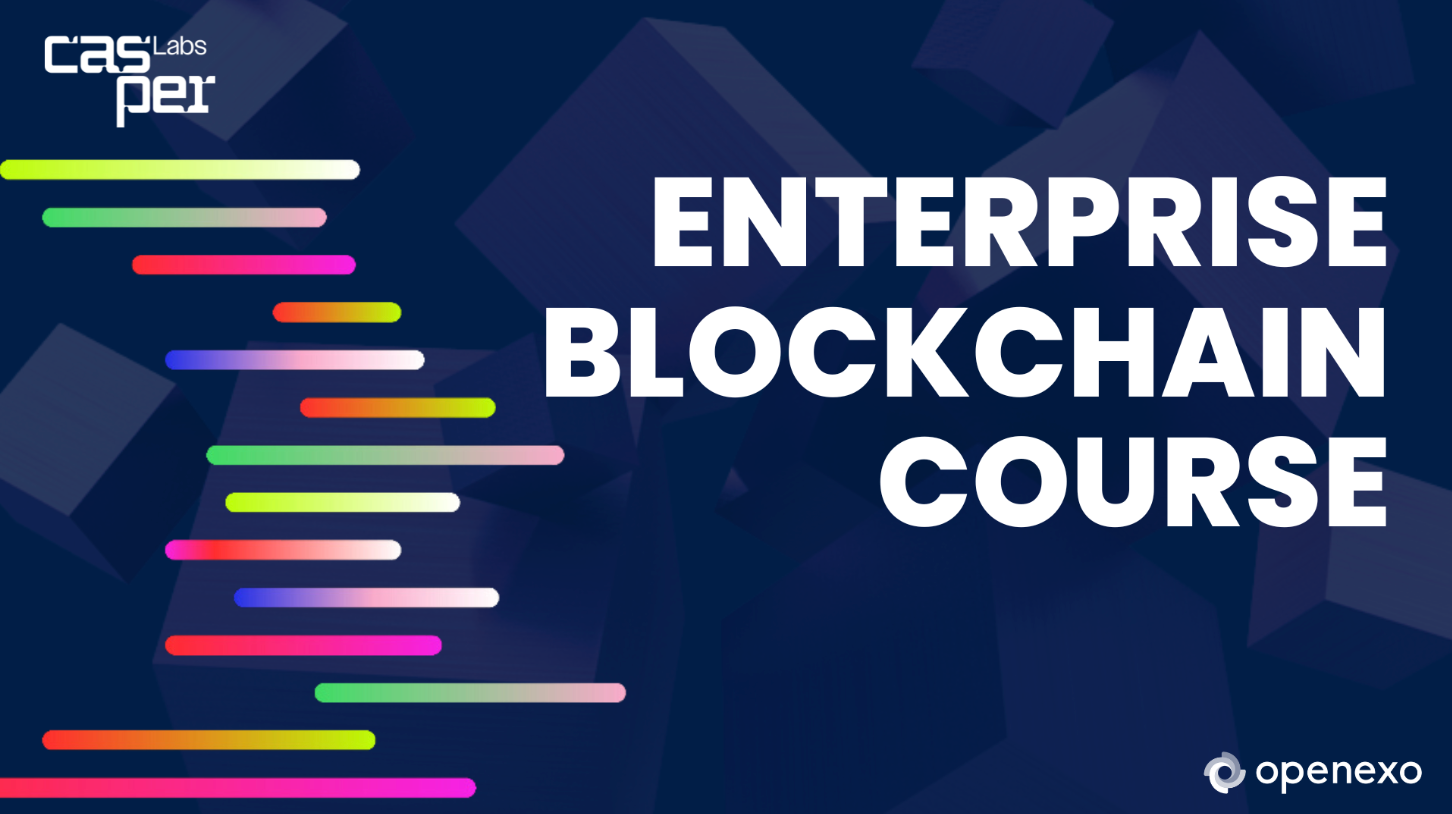
Exponential Thinking for the 99.9% - Empowering Small and Medium Enterprises
Empowering small and medium enterprises (SMEs) with the Exponential Organization (ExO) framework is essential for their survival and growth in today's rapidly evolving landscape, as their agility and fewer bureaucratic layers offer unique advantages over large corporations.
As a reviewer for the book "Exponential Organizations in Action", I found this chapter on empowering small and medium enterprises (SMEs) to be insightful and highly relevant. The author makes a compelling case that the exponential organization (ExO) framework should not be limited to just large corporations.
The chapter cites eye-opening statistics that underscore the importance of reaching the 99.9% - noting that according to the U.S. Chamber of Commerce, there are 33.2 million small businesses which account for 99.9% of all businesses in the U.S. Yet ExO transformation hasn't penetrated this vast segment. As the author states:
"Transforming into an Exponential Organization is not a privilege of the large Enterprise. Organizations of all sizes can gain from embracing the principles of Exponential Organizations (ExO), and in today's rapidly evolving landscape, transforming into an ExO has become a necessity for survival and growth." ~ Huba Rostonics, Author, Coach & Thrivemonger
The author deftly contrasts the advantages smaller organizations possess - like agility and fewer bureaucratic layers - with the inertia large corporations often face due to established processes and entrenched interests. Real-world examples, such as a $750M company taking 5 years to elevate channel sales to the executive level, vividly illustrate these challenges.
What I found particularly insightful was the mapping of ExO attributes to elements of structured frameworks like System & Soul, providing SMEs a pathway to embed exponential principles while maintaining operational discipline. This bridges the gap between the startup agility celebrated by ExO and the need for scalable processes.
[Excerpt from Chapter - The ExO Spectrum; From Giants to Nimble Startups …]
What makes ExO initiatives fail?
By understanding the distinct paths to innovation for both giants and nimble startups, we can uncover tailored approaches that leverage the strengths of each. Ultimately, this chapter aims to equip you with some insights to better decide on how to lead your organization through an ExO transformation, setting you up to thrive in the age of exponential change.
Large organizations often benefit from extensive resources, established processes, and significant market influence. However, these advantages can also lead to considerable inertia. The sheer size and complexity of large corporations can make it challenging to pivot quickly in response to market shifts or disruptive technologies. For instance, when a new technological advancement emerges, large organizations may take longer to adopt it due to the need for comprehensive evaluations, stakeholder buy-in, and system-wide integrations. Bureaucratic layers and ingrained resistance to change can slow down decision-making and stifle innovation. This scenario is amply described in Exponential Organizations 2.0 and identified as the “corporate immune system”. This delay can result in missed opportunities and a competitive disadvantage.
Another common characteristic of large organizations is the difficulty to access top leadership. Multiple management layers often separate frontline employees from executive decision-makers, creating communication barriers -sometimes on purpose- that can hinder the flow of innovative ideas. In addition to this, driving ExO transformation may imply changing the behavior of thousands of people, which can be a challenge in itself because of its scale.
Key Steps to Building an ExO
In contrast, small businesses thrive on their agility. With fewer bureaucratic hurdles and closer-knit teams, smaller organizations can make swift decisions and adapt rapidly to changing market conditions. Communication is more streamlined, and innovative ideas can be implemented without extensive delays. Famously, startups iterate on their product based on customer feedback, allowing to stay ahead of the innovation curve and respond to emerging trends with greater speed and efficiency.
Also, with fewer hierarchical barriers, employees can communicate directly with founders and top executives, fostering a culture of transparency and rapid decision-making. This direct access to leadership is a powerful enabler of innovation, as ideas can be quickly evaluated and implemented. This nimbleness and level of accessibility can be significant advantages to accelerate the innovation process.
In my own professional experience I have been able to see both. I have spent a significant portion of my career implementing what are known within the technology industry as “Channel Programs”, which I like to call “the original Staff on Demand”. Many large organizations are accustomed to direct sales, which involve a company’s sales team engaging directly with customers. This limits the organization’s scalability and flexibility. By contrast, introducing a Channel Program can allow the organization to properly leverage external partners to sell products or services on behalf of the company, effectively expanding the sales force -and some other key functions- without the need for direct hires. The organization taps into a network of independent sales agents, distributors, and resellers, which not only broadens the market reach but also enhances the company’s ability to respond to diverse customer needs quickly and deliver a better experience. Working through partners allows the organization to maintain a lean internal team while scaling operations efficiently. Hence the connection with the “staff on demand” ExO attribute. I am well aware of the differences, and I am happy to debate with any one about them, but it is not the goal of this piece at the moment.
In one particular case at a $750M company, even when they could attribute at least 20% of their revenues to channel partners, it took me almost five years promoting these ideas until they finally named a VP of Channel, elevating the role to an executive level, only to abandon the bold move -once the markets turned sour- a year later. It took another eight years for the same company to have someone recognized as a channel leader by the prestigious CRN “Women in the Channel” award.
In another opportunity, I joined a $3B company with a heritage of selling directly to a handful of very large clients and that wanted (at least, that’s what I was told!) to do business with a more diverse set of customers, through partners. The company was probably on its nth attempt, and I led myself to believe that “this time was different”. Eventually, the company removed resources and funding from partner-led initiatives when there was a business downturn. Four years later, the company continues to report the same 11% and 10% of their revenues going to non-traditional (or immediately adjacent) markets.
Why? In both of these cases, I attribute the results to the fact that their top leadership had a background in direct sales and were not convinced completely about the alternative model, and also because many powerful direct salespeople felt that these ideas jeopardized their standing in the corporate ladder.
By contrast, at smaller organizations, with the leader on-board, changes can be made quickly, and pulling off any similar political shenanigans is much more difficult without promptly being put in evidence.
However, smaller organizations face different challenges in their ExO transformations. Small businesses are often in the early stages of the Information/Formation/Transformation model or the Forming/Storming/Norming stages of team development. These stages involve a lot of foundational work, team alignment, and process development, which can make it difficult to “land” ExO attributes effectively.
[...End Chapter Excerpt]
While the chapter covers a wide range of strategies and considerations for SME exponential transformation, one area I felt could be expanded is the role of leadership psychology and behavioral change. As the author notes, overcoming ingrained mindsets and "corporate immune systems" is key, even in younger companies.
Overall, this chapter serves as a valuable resource for SMEs and entrepreneurs looking to adopt exponential thinking and position themselves as innovation leaders in their respective industries. The combination of data-driven insights, real examples, and pragmatic frameworks make this an engaging and actionable read.
Use Case: Small business success solving for wildfire detection & prevention

Who: Tanzle*/UCSD ALERT California
What: Platform solution to compile data into dashboards that matter… pre-seed and series A funding totaling $40million provides pilots in several sectors.
How: Chooses a go-to-market strategy with UCSD and Alert California to monitor, track and prevent wildfires.
ExO Attributes applied: Dashboards, Interfaces, Algorithms - AI Quantum Computing, Leveraged Assets
Results: in prevention of 1,000 wildfires in a high risk wildfire region in 2023.
Related SMB/SME solutions:
Introducing the Future of Firefighting: XPRIZE Wildfire | $11M Prize Competition
https://youtu.be/kH-8t-clPNU?feature=shared
More SMB/SME case studies; XPrize Carbon Removal Finalists
https://www.xprize.org/prizes/carbonremoval/articles/20-teams-bring-cutting-edge-solutions-to-xprize-carbon-removal-finals
See the complete chapter in:
Exponential Organizations in Action: Community-Curated Case Studies Transforming An Abundant Future
Birthed from the same decentralized community that catalyzed Exponential Organizations: Version 2.0 by Salim Ismail, Peter Diamandis, and Michael S. Malone, this audacious book charts an evolutionary path towards post-industrial abundance. It harmonizes exponential thinking with syntropic design principles and the collaborative ethos of web3, guided by the visionary ideas of our very own futurists.
Sign up for the pre-release of the Group Chapter Book built by the community for the community: https://exoangels.com/group-chapter-book/
About the Authors
Niki Faldemolaei https://linkedin.com/in/faldemolaei
Niki's portfolio includes transformative projects like Compliance Agility for SDG/ESG's, ExO Angels and the Extended Health Span Index, demonstrating her ability to reshape industries and drive impactful change.
Huba Rostonics https://www.linkedin.com/in/rostonics/
Certified System & Soul Business Coach. Go To Market Strategist, fractional head of Operations and Channel. Creator of the channelmanagementcourse.com and The Daily PPILL at huba.rostonics.com/ppill
Stewarded by ExO Angels
ExO Angels have deep ties to solving for global challenges. In recent years, there has been an increased focus on decentralized forms of social organization. This shift is in part due to the growing body of evidence that decentralized systems are more effective at meeting the needs of their members. When power is decentralized, individuals are able to make decisions that are based on the needs of their community rather than the top 1%. This leads to more equitable and sustainable societies.
One of the most important benefits of decentralized systems is that they give the female archetype a greater role in decision-making. When women are given sovereignty over their own communities, they are more likely to focus on the needs of their residents. This, in turn, leads to more sustainable and equitable societies. Decentralization is a powerful tool for promoting social justice and creating more livable communities. The time is now to embody the divine balance of nature's law.
*See Tanzle and other small and medium businesses in action at the Green Economy Conference (GEC4) November 2024 in Los Angeles.


ExO Insight Newsletter
Join the newsletter to receive the latest updates in your inbox.









